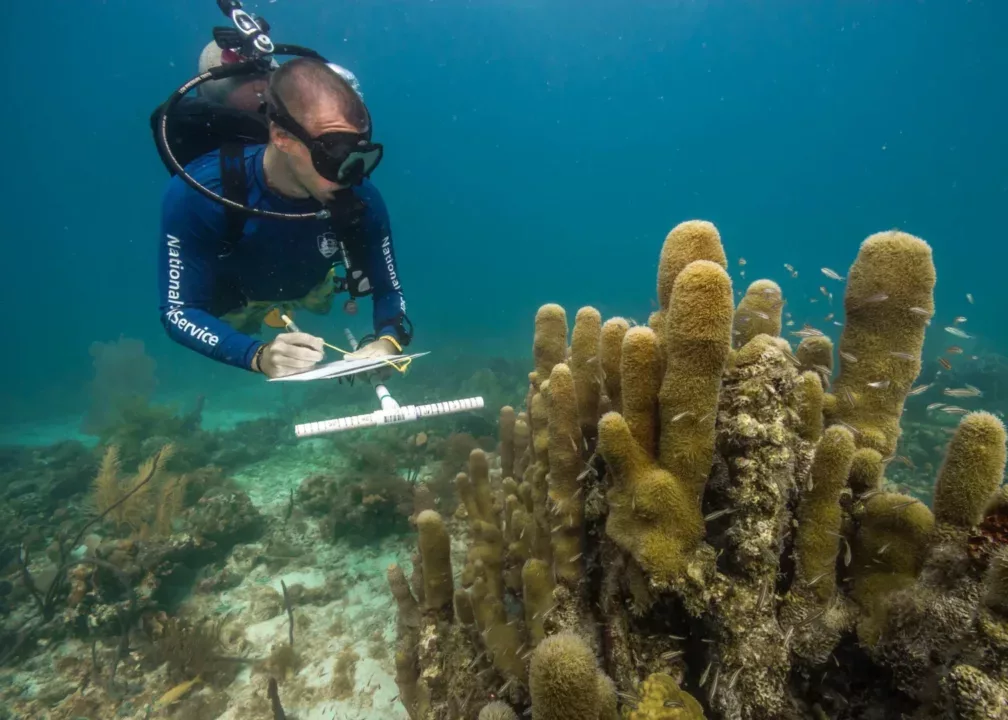“Social-environmental drivers inform strategic management of coral reefs in the Anthropocene”, a landmark study on coral communities recently published in Nature Ecology and Evolution, is the result of the unique collaboration of over 100 scientists, across 44 countries across the Indo-Pacific.
This is the largest-ever study of coral communities and involved more than 2500 reefs across the Indo-Pacific, this assessment lead the team to identify three categories of reef according to their functionality and vulnerability to ocean warming. These three categories will be used to designate the management for the reefs:
- Protect: 17% of coral reefs in the study had functioning coral reefs and occurred in a climate ‘cool spot’ during the 2014-2017 El Niño. The reefs are found in 22 countries from East Africa to South East Asia, the Coral Triangle, and the Pacific. These findings call for an international network of coral reef conservation to save the world’s last functioning coral reefs.
- Recover: 54% of the coral reefs in the study were previously functioning but have been impacted by the 2014-2017 coral bleaching event. These findings call for the promotion of rapid coral recovery.
- Transform: 28% of the coral reefs in the study are no longer functioning and require the transformation of reef-dependent coastal societies away from these reefs.
Although the study provided a sober outlook on the current state of reefs, it also proved the existence of healthy reefs and suggested practical measures to ensure their continued health and existence.
Read the study here.
Sources: EurekAlert, WCS newsroom and Nature Ecology & Evolution.

